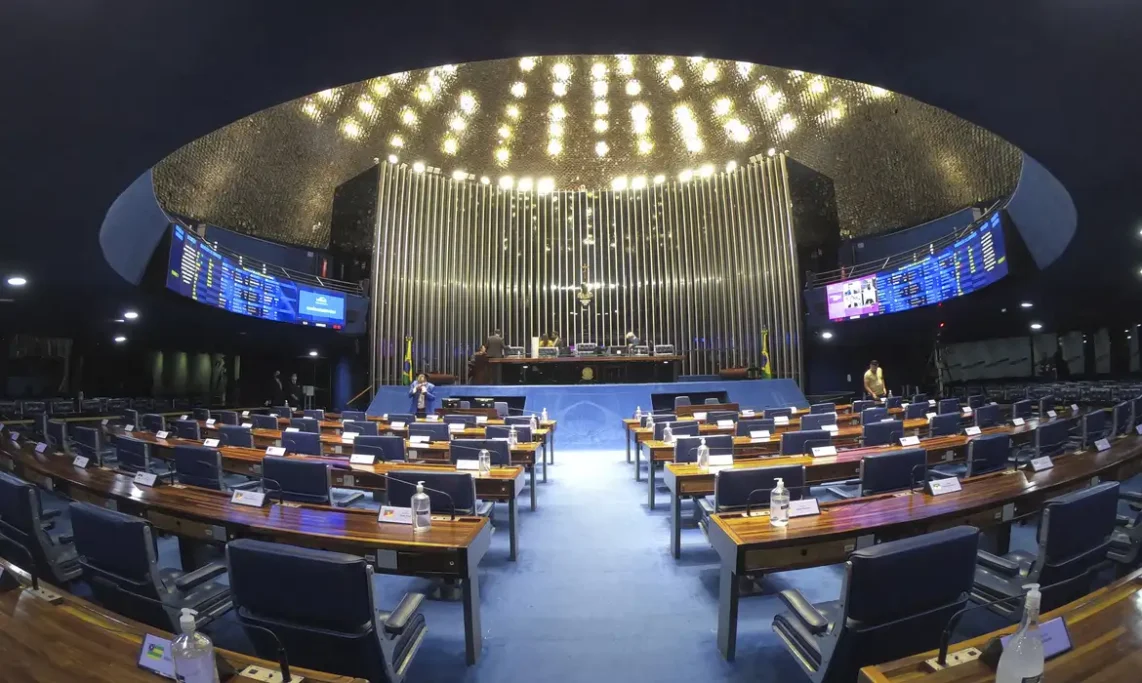NYICAS | ARTICLE
Beyond Ideologies:
Why Brazil's Political, Economic, and Judicial Systems Must Be Reformed for the 21st Century
By Louis L. Ventura, Ph.D.
NYICAS President

The Brazilian political system is broken — and it is not alone. The institutional structures of several democracies around the world, such as the United States and Europe, show signs of exhaustion. The world has changed: we are in the middle of a digital age, interconnected and marked by unprecedented global challenges. However, political and legal systems, created to respond to the realities of the last century, have not evolved at the same speed. Without collective action and a will to transform, these structures will not adjust on their own.
In Brazil, the question is no longer about Lulismo or Bolsonarism, nor about the old polarization between right and left. The problem is deeper: it is a structurally dysfunctional system, sustained by a Constitution that, although the result of a legitimate democratic impulse, has failed to meet the complexity of today's Brazilian society – especially in times of accelerated change.
A systemic reform is needed. A courageous and responsible update of the country's political, economic, and judicial pillars. And this reform should not serve parties or elites, but rather return to the people the sovereignty that is promised to them – and that has been systematically denied.
It is worth remembering that, as early as 1988, President Lula himself criticized the new Constitution for not representing the interests of the majority of the population, but rather those of the elites and organized groups with bargaining power. Three decades later, this criticism remains current: the 1988 Constitution, although it was an advance, consolidated an institutional model that favors those who already hold power and marginalizes those who most need the protection of the State.
The time has come to look forward, beyond the names and polarized narratives. The reconstruction of Brazil requires new forms of governance, based on inclusion, transparency, and real participation. Reforming the system is more than necessary: it is a matter of democratic survival.
1. The Failure of Political Representation
The National Congress, as it functions today, does not represent the plurality of the Brazilian people. The party system is fragmented, captured by private interests and oblivious to the real needs of the population. We have parties that operate as acronyms for hire, opportunistic coalitions, and mandates that, in practice, serve clientelism more than democracy.
The Brazilian electoral structure needs a profound review — from campaign financing to the accountability of elected politicians. Compulsory voting, although born from the attempt to engage the citizen, has become an empty ritual, where many vote out of duty and not out of conviction.
2. The Economy Prisoner of an Interventionist and Inoperative State
Despite occasional advances, the Brazilian economy remains hostage to a model that mixes excessive bureaucracy, institutional privileges, and legal instability. The State is, at the same time, obese and ineffective. It intervenes too much where it shouldn't and abandons areas where its presence is essential.
The result is an economy that inhibits entrepreneurship, concentrates wealth, and penalizes the poorest with regressive taxes and precarious public services. The tax system is a chaotic labyrinth that stifles productivity, makes life more expensive, and hinders the country's global competitiveness.
Reforming the Brazilian economy requires more than fiscal adjustments. It requires a new federative pact, a rationalization of public spending, and a development policy that integrates innovation, sustainability, and social inclusion.
3. A Powerful Judiciary, But Slow and Disconnected
The Brazilian judicial system enjoys autonomy and power — but it often fails to fulfill its mission of ensuring justice with speed, impartiality, and universal access. The Supreme Court has become a political actor — sometimes a moderator, sometimes a protagonist — in a country where the judicialization of politics has become the rule.
At the same time, everyday justice, which should protect ordinary citizens, is slow, expensive, and inaccessible. Inequality of access to justice is one of the most perverse faces of exclusion in contemporary Brazil.
We need to rethink the role of the Judiciary in a modern democracy. This includes strengthening the Public Defender's Office, expanding alternative methods of conflict resolution, and more effective social control over the performance of the higher courts.
4. The Time to Look Inside
The Brazilian crisis will not be solved by saviors of the homeland, nor by inflammatory speeches on social networks. It is time to break with the logic of political messianism and understand that the responsibility is collective. All of us — citizens, managers, entrepreneurs, artists, young people, educators — are part of the solution.
One of the missions of this article, and of the book that will be published on September 23, is precisely this: to help people understand, from the inside, what the political process is. Translate the system so that each individual sees their role in the transformation. That they look and say, “Hey, I could do that. I can participate. I can propose something new.”
5. Proposals for New Governance
The book brings a set of proposals that seek to break with the old paradigm of concentrated power, ideological polarization, and empty promises. Among them:
Participatory Constitutional Reform: A new constituent with broad citizen participation, with a focus on the modernization of institutions and digital inclusion.
National Participatory Budget: Expand the role of communities in defining public priorities.
Intelligent Decentralization: Redefine the federative pact, strengthening municipalities with criteria of efficiency and transparency.
Basic Political Education: Implement permanent civic education programs in schools and communities, forming conscious and prepared citizens.
Limits to the Power of Reelection and Parliamentary Immunities: Avoid the eternal professionalization of political careers and reconnect the mandate with public service.
Conclusion: Hope as a Political Act
Despite everything, we did not give up. Hope, today, is not naivety — it is resistance. It is a political act. And for those who feel discouraged, I leave this memory: democracy lives when we remember our power. When we understand that changing the system is not utopia, but necessity. And that, together, we can rebuild Brazil — not with formulas from the past, but with the courage to invent the future.
-------
Louis L. Ventura, Ph.D., is an economist, educator, and president of the New York International Contemporary Art Society. His next book, to be released on September 23, brings a critical and purposeful analysis of the political and institutional future of Brazil.
GET INVOLVED
Interested in collaborating with NYICAS or learning more about our international programs and events?
- 4 W 43rd Street, #416, New York, NY - 10036
- (646) 922-7052
- info@artsvgallery.com
ART WITH PURPOSE. CULTURE WITH VISION.
New York International Contemporary Art Society


